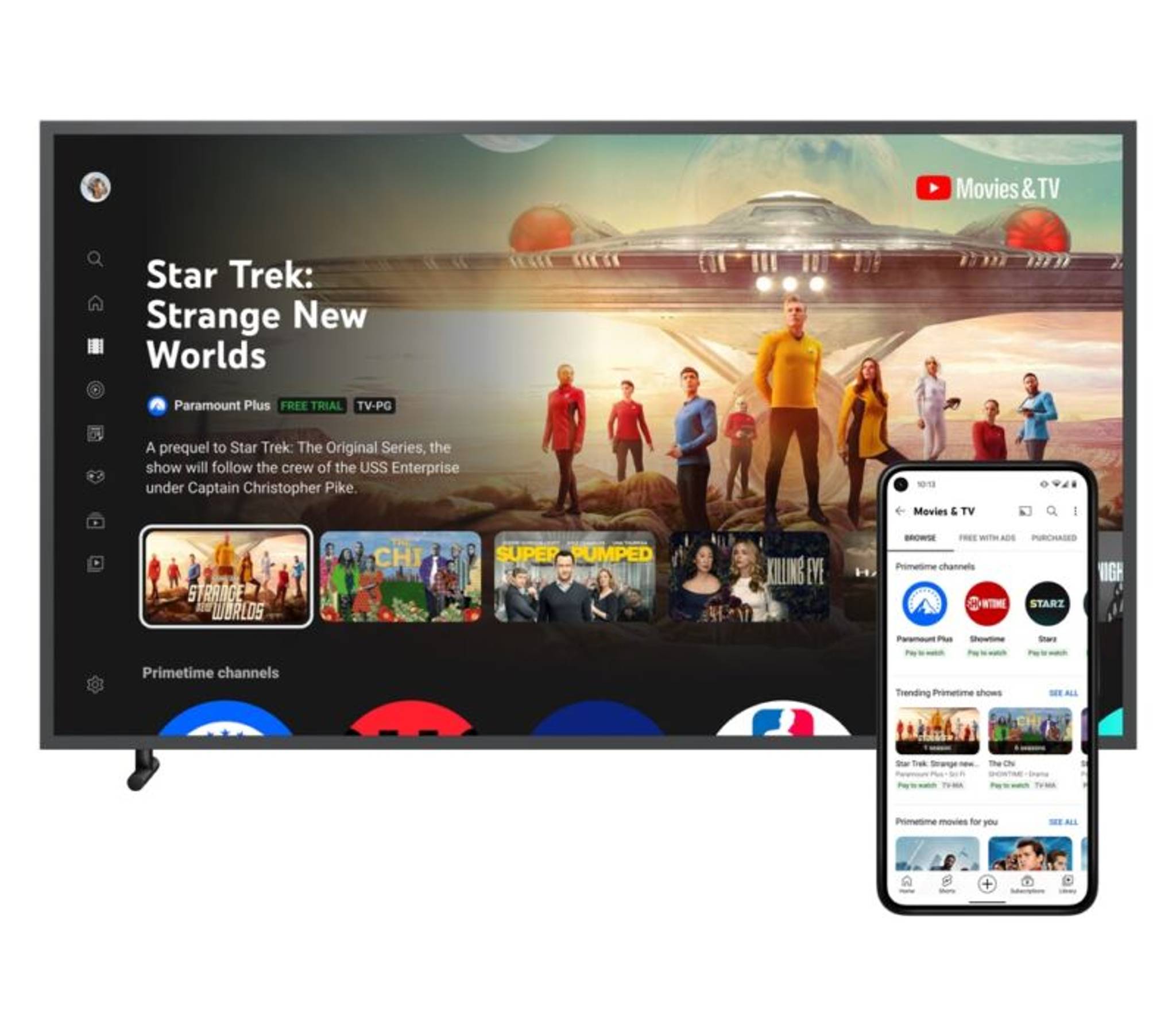
The era of binge-watching may soon be coming to an end. Ideal for hangover Saturdays, lazy Sundays, mid-week entertainment fests or an escape from reality, binge-watching was Gen Y and Zer's go-to way to savour their favourite TV shows – but change may be in the air as the binge-watch effect wanes.
Gen Y and Z may be known for many things, one of them being their insatiable appetite for binge-worthy TV shows. Whether sitting on the sofa in front of a big screen, tucked up in bed with their laptops, or crouched over their phones on a packed train during their daily commute, younger generations have grown fond of binge-watching their favourite TV shows.
But this type of viewing pleasure seems to be waning. According to one study, 53% of Gen Z and Y prefer to get content all at once instead of waiting for a new show. That's a 10% drop from 2018 when 63% of young consumers were self-proclaimed binge-watchers.
As weekly tuning-in sessions gain momentum, is the binge-watching TV era really over?
With the success of slow-launching shows like HBO's The Last of US, Netflix's Outer Banks and Amazon Primes The Lord of the Rings: The Rings of Power, people are shifting gears and turning to appointment TV which is in tune with a slowed-down pace of life.
Trends like ‘Bare Minimum Mondays’ highlight an increasing hunger among Zers to disconnect from fast-paced digital worlds and reconnect with IRL experiences, and #nichetiktok and #corecore shine a light on a generational shift away from the hyper-accelerated world of capitalism.
This vibe shift is welcoming at a time when the chaos of people's current lived experiences is causing them to step back and reassess, making way for the chilled nature of tuning into shows on a weekly basis.
When putting new viewing habits under a microscope, however, research shows that a quarter of Americans wait for a show's finale before they start watching. On the other side of the pond, two-fifths of Britons would rather wait for a show to upload all its episodes before they begin to watch.
What is driving this change is a subtle shift in streaming platforms' business strategies. By slow-launching shows, streamers hope to build suspense and keep viewers engaged as new series launches battle for a spot in the limelight in an already overcrowded attention economy.
This strategy does have risks as people's interest might fade, but as audiences adapt to a new rhythm of streaming culture, binge-watching behaviours look set to stick around for the foreseeable future.



